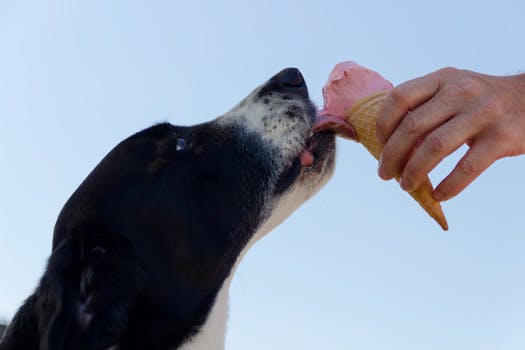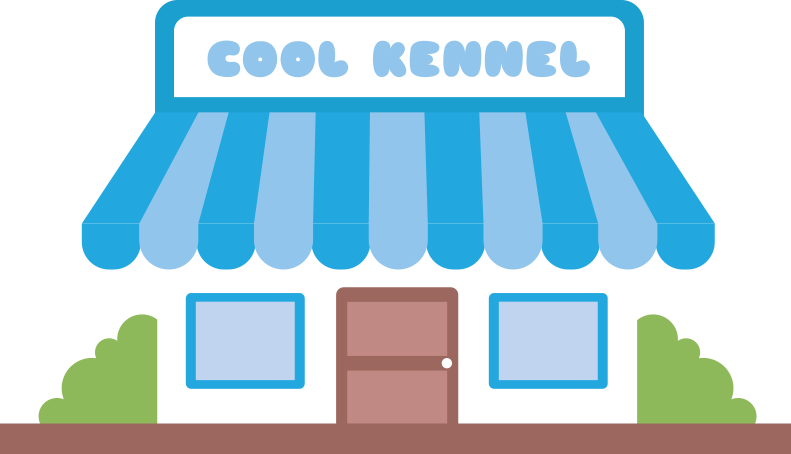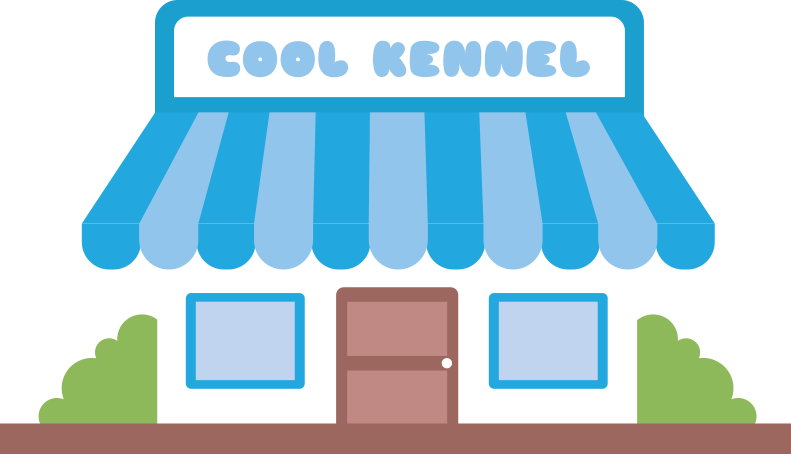What foods should you never feed your dog?
Back
As dog owners we all like to give our furry friends treats now and then but many, seemingly innocuous, “human foods” are highly toxic to dogs. The Good Kennel Guide has compiled a list of the most toxic foods that should be avoided to keep your pet safe and healthy.
Chocolate: contains theobromine which is found in varying degrees in different types of chocolate. As dogs are slow at metabolizing this, toxic levels can build up causing kidney, gut, heart, and nervous system problems.
Caffeine: is a stimulant which can cause vomiting, diarrhoea, restlessness, hyperactivity and seizures, similar to chocolate. Whilst drinking a small amount of tea or coffee won’t have a big impact, advice should be sort if your pet were to eat coffee beans or tea bags.
Aliums: these include onions, garlic and chives and should be avoided in all forms including dried, powdered etc. Eating these can cause gut irritations and can potentially lead to red blood cell damage and anaemia.
Nuts: should be avoided in general, but the macadamia nut is particularly toxic to dogs. Symptoms include weakness, depression, tremors, vomiting and increased body temperature. These symptoms can appear within 12 hours of ingestion and tend to last for approximately 12 to 48 hours leading to increased rate of growth of bladder stones and bone weakening.
Grapes and Raisins: can cause kidney failure in sensitive dogs or pets with pre-existing medical conditions. It is not known why grapes and raisins are toxic to animals but they should be avoided, including foods such as hot cross buns, fruit loaf etc.
Alcohol: has a far more serious effect and is more toxic to pets than it is to us. Even a small amount may lead to vomiting, diarrhoea, decreased coordination, central nervous system depression, difficulty breathing, tremors, blood changes, coma and even death.
Xylitol: is an artificial sweetener used as a sugar substitute. Xylitol is extremely toxic to dogs and causes insulin release, lowering blood sugar, seizures and liver failure.
Corn on the cob: does not digest well and can easily get lodged in the small intestine resulting in the need for surgery. Symptoms to keep an eye out for include vomiting, reduced appetite, abdominal discomfort among others.
Yeast: and other raising agents such as baking powder, can cause a build-up of excess gas in the digestive system. Small amounts may only lead to abdominal discomfort and gas release; however, larger amounts can cause blockage and possible rupture of the stomach and small intestines.
Milk: and dairy products contain lactose which dogs are intolerant to as they don’t produce enough of the enzyme, lactase. This is likely to cause diarrhoea or stomach upsets.
Similar Articles

Good Dogs. Good Kennels.
The Good Kennel Guide takes the stress out of dog boarding by only listing licensed kennels and boarders who meet the standards required by the Animal Licensing (Licensing of Activities Involving Animals) Regulations 2018.
All kennels and boarders that hold a valid licence have a free listing on the website which kennel owners and boarders can “claim” by creating a free account - this allows them to personalise some of their listing and interact with dog owners.

An easy-to-use system for dog owners
The Good Kennel Guide takes the stress out of dog boarding by only listing licensed kennels and boarders who meet the standards required by the Animal Boarding Act 1963.
Dog owners can sign up and create a profile here - it's really simple, and only takes a few moments.
Add your dog to your private profile to submit enquiries to kennel owners and boarders, send messages, and leave reviews following boarding.
Kennel Locations
England
Airports

